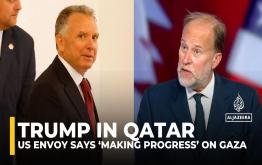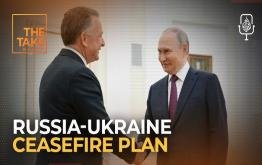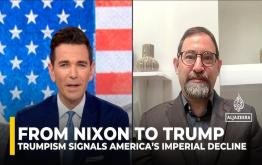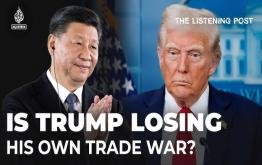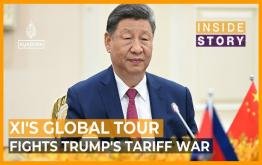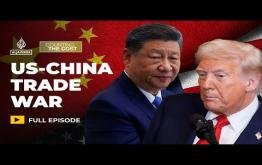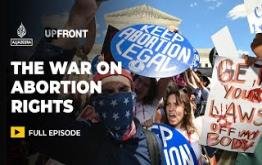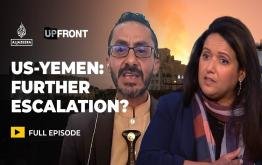Cuba's economic future after the Castros
The Cuban National Assembly has formally elected Miguel Diaz-Canel as the country's new president. The vote on Thursday marked the end of an era for Cuba, as Diaz-Canel is the first person outside the Castro family to rule the country in 59 years.
But how will the change affect Cubans and the economy?
"What we can expect from Miguel Diaz-Canel is policy continuity and gradual economic reform, but no democratic political opening or Cuba's moving towards a more pluralistic political system," explains Diego Moya-Ocampos, a senior analyst at IHS Markit.
In general terms, "Canel is Raul Castro's boy, and change will continue being steered by Raul Castro, who'll remain the head of the Communist Party ... Canel will try to enable change in a way that it will not let the old Castro revolutionary guards or military establishment feel uncomfortable."
"The military and security apparatus play a key role behind the scenes, controlling the economy and any gradual opening of the economy will have to be done at the pace at which it will not increase the hopes or the expectations of the local population", says Moya-Ocampos.
Noting a sudden slide in US-Cuba relations since President Donald Trump took office, he adds: "We expect that the relation between the US and Cuba will continue deteriorating. Rapprochement efforts advanced by former President Barack Obama have been reverted at the moment."
Under Trump, Moya-Ocampos says: "We expect he'll continue constraining or restraining US investment towards Cuba and that he will continue pushing for more restrictions in terms of trade. It is highly unlikely that the relation between the US and Cuba will improve, and indeed, it's highly unlikely the US embargo on Cuba will be lifted anytime soon."










RELATED NEWS
Who will win the US-China trade war?
Why is evidence of Israel's war crimes in Gaza disappearing?
What is behind escalating US air attacks in Yemen?
Ralph Wilde on the ICJ & why Israeli occupation must end?






